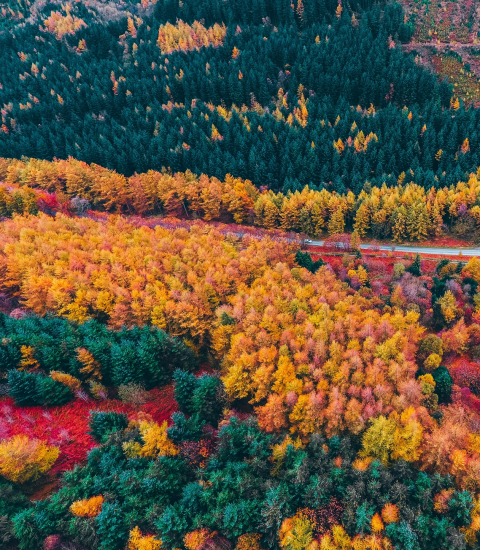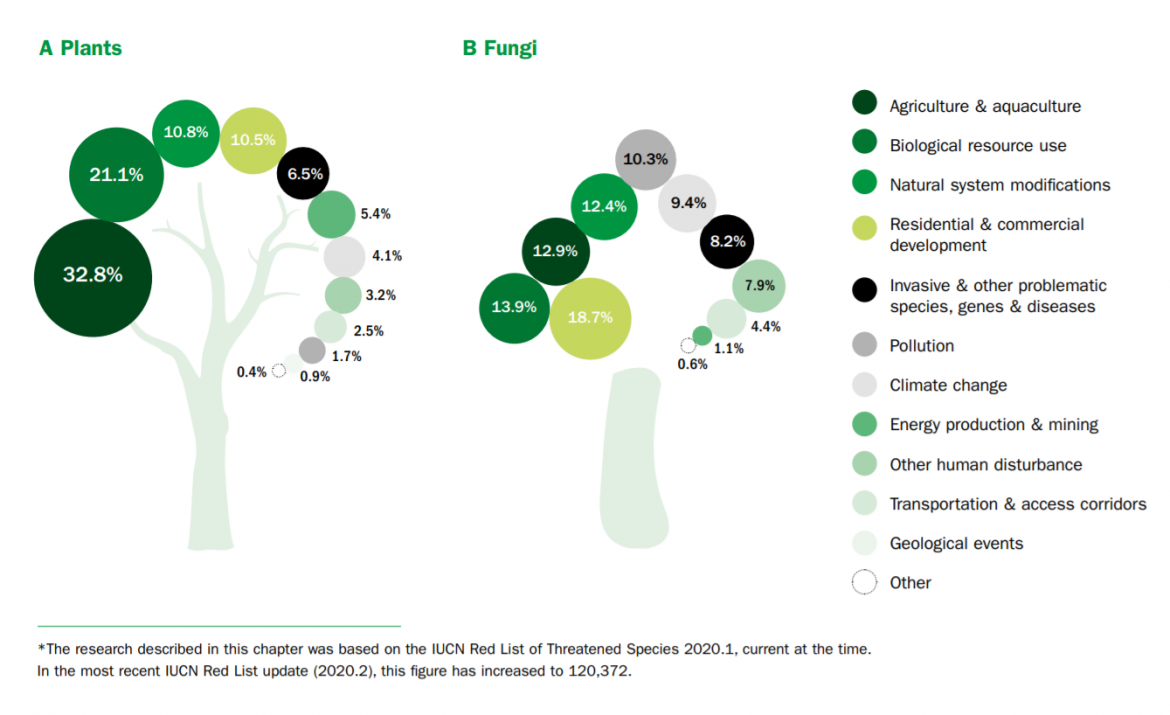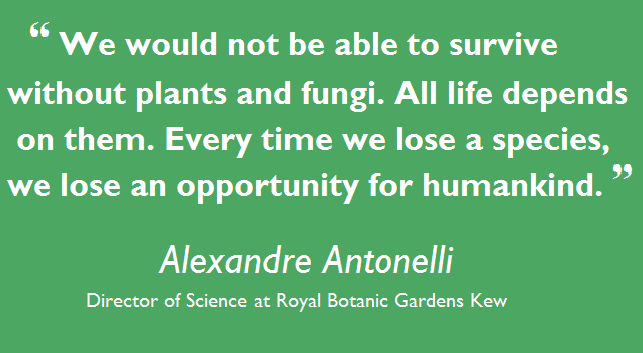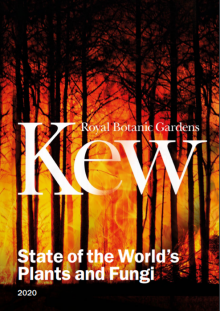State of the World's Plants and Fungi
The report highlights that plants are crucial to sustaining life as they provide food, medicine, raw materials, fuel and food. And yet, the report notes, "Never before has the biosphere, the thin layer of life we call home, been under such intensive and urgent threat. Deforestation rates have soared as we have cleared land to feed ever-more people, global emissions are disrupting the climate system, new pathogens threaten our crops and our health, illegal trade has eradicated entire plant populations, and non-native species are outcompeting local floras. Biodiversity is being lost – locally, regionally and globally."
The report notes that scientists are racing against the clock to rescue plant and fungi species and they are also working to figure out how to leverage plants and fungi to combat the climate crisis and food insecurity, according to the BBC.
When Kew issued its first report in 2016, it found that 20 percent of plant species were at risk. That number has doubled in just four years. However, that does not mean that twice as many plant species are at risk. Instead, the huge jump in percentage is due to advances in assessments that now make a more accurate account for plants that were over- or underrepresented in the 2016 report, according to The Irish Times.
Figure below source: State of the World's Plants and Fungi 2020 (p.12)




